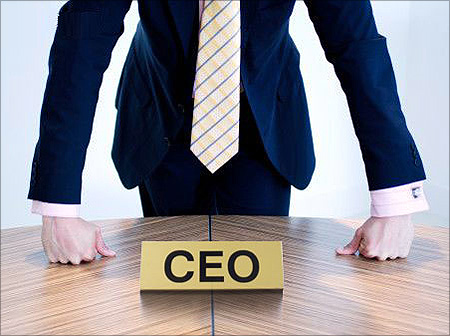It's lonely at the top, and your boss may be knowing it better than you, says a new study which has found that high-ranking positions are often accompanied by isolation.
The CEO Snapshot Survey conducted by global executive talent development firm RHR International showed that being a CEO may come with prestige and financial benefits, but it is often accompanied by isolation.
The survey, which examined the opinions of 100 US CEOs at public and private companies, also found that public company CEOs are particularly susceptible to such moods, with nearly half having feelings of loneliness compared with 31 per cent of private company CEOs, LiveScience reported.
. . .
Why do top bosses feel lonely?
Most CEOs, however, have someone they can lean on for feedback.
More than 80 per cent said they have at least one person who will tell them the unvarnished truth about their decisions and how the company perceives them.
The majority of CEOs interviewed in the survey reported that person as being a lead director, but they also said they regularly turn to members of their executive and non executive board members.
. . .
Why do top bosses feel lonely?
When it comes to planning for their eventual departure, the research found that 27 per cent of CEOs are most concerned with identifying the type of leader their organisation will need in the future.
Another quarter of CEOs, according to the survey, were most worried about relinquishing the power and prestige that comes with the role.
Creating a legacy to leave behind and cultivating a fulfilling life after stepping down were CEOs' other succession concerns, it said.
. . .
Why do top bosses feel lonely?
Photographs: Rediff Archives
Thomas Saporito, chairman and CEO of RHR International, said the top succession concern of CEOs reveals an important aspect of the executive mindset.
"CEOs are less effective than they think at reading talent," Saporito said.
"Most importantly, CEOs struggle to combine this gauge of talent with an understanding of their organisation's leadership requirements for the future."
It's that combination of talent and fit that ultimately makes or breaks the succession process, he added.





article